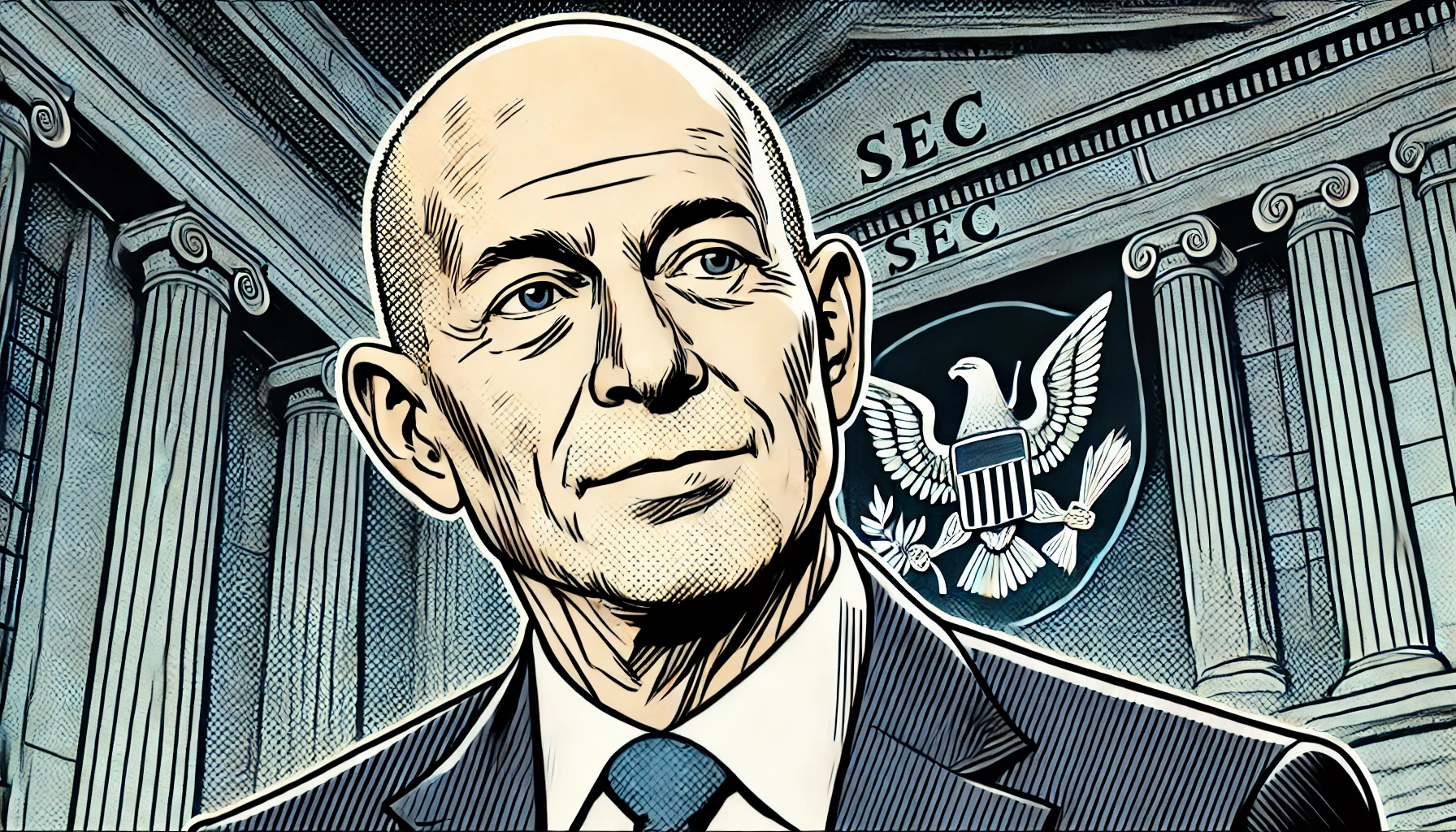Podcast Discussion: Deep Dive Into This Article.
Facing increasing obstacles in its regulatory efforts, the U.S. Securities and Exchange Commission (SEC) is shifting its focus from traditional rulemaking to litigation to influence the private funds industry.
After the Supreme Court’s June decision to reject the SEC’s proposed requirements for greater transparency on fees and preferential treatment, the agency chose not to challenge the ruling. This move effectively ended a prolonged attempt to regulate the industry through new rules.
With SEC Chair Gary Gensler potentially nearing the end of his tenure—especially with a new presidential administration on the horizon—the agency is ramping up enforcement actions and litigation as alternative avenues for change. Recent Supreme Court developments have also limited federal agencies’ abilities to introduce new regulations, adding to the SEC’s challenges.
“We are already starting to see the SEC, in examinations, pressing more on the types of issues that the private fund adviser rule changes would have addressed, basically trying to build up a case that those rules were important,” said Aaron Schlaphoff, a former SEC regulator and now a partner at law firm Paul Weiss.
On September 3, the SEC announced a settlement with Florida-based Galois Capital Management, a cryptocurrency-focused private fund accused of misleading investors about redemption notice periods—a form of preferential treatment that the original rule changes aimed to address.

Regulatory Hurdles
The clash between Gensler and the private funds industry intensified in August 2023 when the SEC adopted new rules and amendments to the Investment Advisers Act of 1940. These changes sought to restrict private fund managers from offering limited partners (LPs) preferential redemption terms and required general partners (GPs) to provide detailed accounts of all fees and expenses during reporting periods.
Industry advocacy groups swiftly pushed back, arguing that the new regulations would overwhelm fund managers with reporting obligations. Organizations like the Managed Funds Association, the National Association of Private Fund Managers, and the National Venture Capital Association filed a lawsuit, claiming that the rules would harm investors and fund managers by increasing costs and stifling competition.
In a significant victory for the private funds industry, a federal appeals court in New Orleans ruled in favor of the coalition, overturning the SEC’s rule changes. The court determined that the regulator had overstepped its authority in adopting the new regulations.
For Gensler and the SEC, this setback cast doubt on the agency’s rulemaking abilities, particularly as it approaches the end of its fiscal year—a period typically marked by heightened regulatory activity. Several proposed rules remain on the SEC’s agenda, including one that would establish standards for funds submitting data to the agency and Gensler’s high-profile regulations aimed at combating greenwashing and false ESG claims by investment funds.
“The SEC is almost assuredly taking a hard look at their prospects for rulemaking generally,” noted Joel Wattenbarger, a partner at law firm Ropes & Gray and co-head of the firm’s private funds regulatory practice.
A Shift Toward Litigation
With time potentially running out, the SEC is turning to litigation to bring about significant changes in the private funds industry. This approach is not new; the agency has previously leaned on the courts when rulemaking efforts faced hurdles.
In February 2023, the SEC proposed changes to the Investment Advisers Act intended to enhance protections for assets managed by registered investment advisers. The proposal faced criticism from industry leaders and lawmakers who argued that the requirements would disadvantage SEC-registered RIAs.
“Again, we’re seeing greater attention on that topic in SEC examinations, especially in the last month,” Schlaphoff observed. “The SEC has made a habit of this in recent years.”
Adding to the SEC’s challenges, a recent Supreme Court decision could further diminish federal agencies’ rulemaking powers. In June, the court overturned the “Chevron deference,” a legal doctrine that allowed courts to defer to agencies’ interpretations of ambiguous statutes. The end of this deference could open new avenues for federal courts to challenge the SEC’s proposed rules, increasing uncertainty around the outcomes of the regulator’s initiatives.
The SEC has historically relied on the Chevron deference to extend its authority, including in its interpretation of the Dodd-Frank Act to support proposed rule changes for private funds. Without the ability to have the final say on legal interpretations, the agency now faces a more challenging landscape for enacting new regulations.
Had the SEC chosen to contest the appellate court’s decision to overturn the private investment adviser rules, it would have faced the unsympathetic Fifth Circuit Court or the possibility of taking the case to the Supreme Court.

“The risk of going to the Supreme Court,” Wattenbarger explained, “is that the SEC might not only lose its appeal but, in a worst-case scenario, could wind up with a Supreme Court precedent that is even more harmful to the SEC’s institutional interests than merely losing this particular case in the Fifth Circuit.”
Disclaimer: This article is intended for informational purposes only and should not be considered financial or legal advice. Always consult with a professional advisor before making investment decisions.



